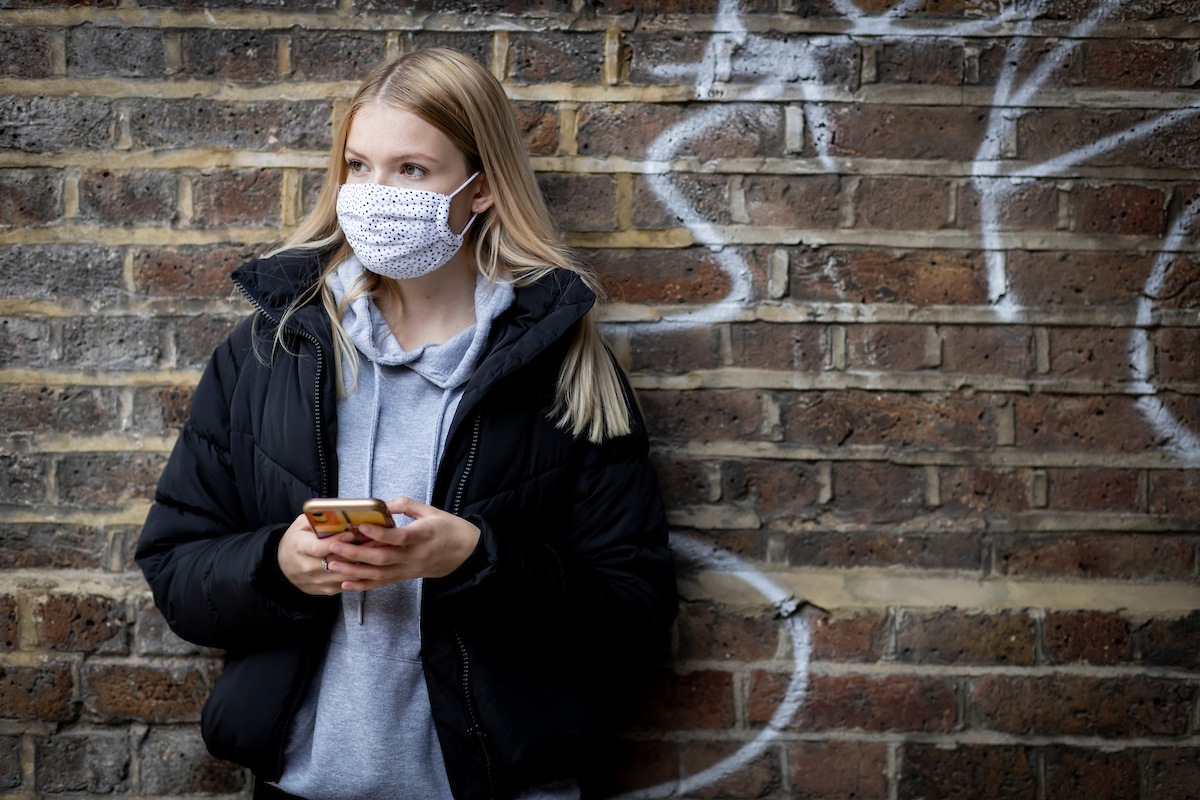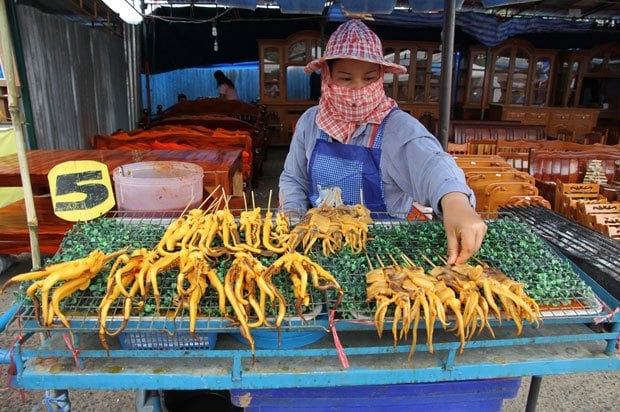Vaccinations and travelling
In this strange post Covid world, health is a priority. This means that even if you’re just travelling from the UK to mainland Europe, you’ll need to make sure you know what the rules are for vaccinations and/or proof of negative tests. The Mix explains everything you need to know about vaccinations and travelling.

Getting ready to travel
Vaccinations and travelling can be a stressful topic, which is why it’s always a good idea to make sure you’re up to date with your regular health and dental checks before you go. That way you can ease yourself in. And if you’re on any medication, remember to consult your doctor (GP). We’d also recommend taking a bit more away with you than you need, in case things don’t go to plan. Similarly, if you need needles for treatments such as diabetes or haemophilia, get your doctor to write you an official note explaining why you need them. That way you can avoid any awkward conversations in security.
A good way to check the situation regarding travel and vaccinations in the country or countries you’ll be travelling to is by visiting the Foreign Travel Advice section of the gov.co.uk website. Even if you’re just visiting Northern Ireland from England, it’s worth having a look. On there you can find a list of countries and their rules for vaccinations. Plus, there’ll be tonnes of other useful information.
Will you be able to travel without a Covid vaccine?
Coronavirus a.k.a Covid-19 has made things infinitely more complicated when it comes to travel. Now, you have to have proof of vaccination status, and have shown a negative test result within the last 48 hours. Luckily, by November 2021 the majority of UK citizens were eligible to get the Covid-19 vaccination. Although it hasn’t reached all ages yet, the vaccine is currently available to anyone 5 and above.
Unfortunately, ‘Will you be able to travel without a Covid vaccine’ doesn’t really have a straightforward answer. It honestly just depends from country to country. This means that there are some countries that won’t allow unvaccinated travellers across their borders. But even if that’s the case, you should still check what the rules are regarding negative PCR tests (the majority of countries won’t allow a lateral flow test) and vaccinations for other diseases.
It’s also important to note that the rules for what counts as being fully vaccinated with a Covid-19 vaccination vary from country to country in light of single doses, boosters, etc. So basically just do your research before hopping on that flight. Not to mention that you might get into some countries with proof of recovery if you’ve recently had a positive PCR test (although this is only valid for 180 days after you’ve fully recovered).
There are currently no destinations on the UK’s red list of countries with regards to Covid, but this is subject to change, particularly if a new variant arises.
The ultimate guide for vaccinations and travelling
You’ll need to leave at least eight weeks to get your vaccinations sorted since some of them take a while to work. And trust us there’s a long list. MASTA will guide you through every part of the vaccination process and help you work out what you need depending on where you’re headed. But the main ones to think about when it comes to international travel are:
- Typhoid: Recommended for anyone going to areas where standards of food and water hygiene are lower than in the UK.
- Hepatitis A: Provides protection for up to 10 years. Especially useful if travelling to areas with poor food and water hygiene.
- Diphtheria: You may need a booster if you’re planning a long stay in a developing country. For example, there have been recent outbreaks in the former USSR.
- Cholera: Bacterial infection that causes diarrhoea and dehydration. You might need a certificate for entry to some countries. Being careful about food and drink. That’s usually more important than getting vaccinated.
- Malaria: Parasitic infection passed on by mosquitoes in tropical and subtropical countries. Discuss what tablets you’ll need with a doctor or pharmacist. Avoid being bitten: wear long shirts and trousers after dusk, use insect repellents and sleep under nets.
- Rabies: If you’re planning on being abroad for a while, and risk coming into contact with dogs, cats, or wild animals, think about being vaccinated. If you’re bitten or licked by a suspected rabid animal, you still have to get immediate medical advice.
Lesser known vaccines
- Yellow fever: Found in parts of Africa and South America. Some countries require a vaccination certificate to get in.
- Meningococcal meningitis: Protection recommended for visits to endemic areas, such as Sub-Saharan Africa in the dry season. Certificates necessary for entry into certain countries.
- Japanese encephalitis: Mosquito-borne disease, seen in parts of India and South-East Asia. In addition to vaccination, avoid insect bites.
- Hepatitis B: May be useful if you’re going to be staying in certain countries for a long period, and you’re involved in healthcare. Avoid sharing needles and having unprotected sex.
What medical supplies should I pack when travelling?
On top of dealing with travel and vaccinations, you’ll need to be able to handle medical emergencies while travelling. No matter where you’re going, remember to pack a small medical kit containing painkillers, insect repellent, sticking plasters, sun block, and antiseptic. Another good shout is to take travel sickness medication and water purification tablets. Women should also consider taking remedies for thrush and cystitis if they’re going to hot countries.
If you’re going to remote areas, or countries where there’s likely to be a lower standard of hygiene than the UK, make sure you’re prepared. You should buy a sealed emergency kit that contains clean needles for injections, sutures to close wounds, syringes, and sterile giving sets for drips.
Do I need travel insurance?
Umm, YES! Firstly, you need to get yourself a European health service card (EHIC) ASAP; it entitles you to basic free medical treatment in most European countries that have reciprocal agreements with the UK. But keep in mind that this shouldn’t be a replacement for proper medical insurance. So make sure to get some good comprehensive travel insurance as well. For more information, see our article on travel insurance here.
If you want more info on travelling and working abroad, take a look here.
Next Steps
- Chat about this subject on our Discussion Boards.
By Nishika Melwani
Updated on 03-Jun-2022
No featured article









